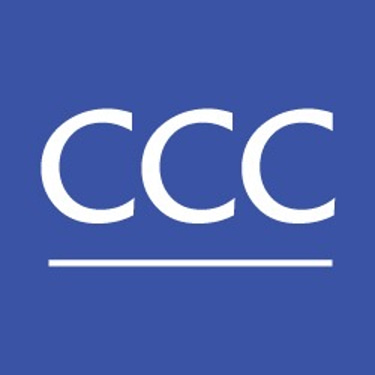

Legal and Governance
Clergy Care Collective is a 501(c)(3) public charity, incorporated in the State of Illinois. We are governed by a Board of Directors committed to transparency, integrity, and fidelity to both civil law and Gospel values.
Our Executive Director is a lawyer with training in tax law. At the end of fiscal year 2025 we will be independently audited by an Illinois-based Certified Public Accountant in preparation for our form 990 filing with the Internal Revenue Service. All of this is to ensure full compliance with all applicable state and federal regulations. We are dedicated to rigorous internal controls, ethical leadership, and sound stewardship of donor funds.
Our Commitments:
Annual independent audits by an external accountant.
Publication of annual financial statements and IRS Form 990 filings.
Adherence to best practices in nonprofit governance.
Protection of donor privacy: we never sell or share personal donor information.
Leadership compensation tied to public school teacher salary scales, ensuring prudence and humility in financial matters.
We believe faithful ministry demands lawful, transparent, and accountable structures. If you have questions or concerns about our governance, we invite you to contact us directly.
See the "Key Documents" section for government documents relating to our organization.
Clergy Care Collective
6541 N. Francisco Ave., #1
Chicago, IL 60645-4568
OurExecutive Director Prefers Communication in Writing:
To reach him directly, please email: matthew.gonzalez@clergycarecollective.org
If you are a member of the news media, please email: press@clergycarecollective.org
Clergy Care Collective is a 501(c)(3) public charity founded in Illinois by its Executive Director, Matthew González, J.D., and its board on December 26, 2024. On June 29, 2025, Matthew applied for trademark status on the name "Clergy Care Collective" and the banner, which David Lembeck designed. The application is pending with the United States Patent and Trademark Office.
Text of this website is copyright 2025 by Clergy Care Collective's Executive Director, on whose ideas the website is based. The artificial intelligence tool ChatGPT assisted in making some sections pithier, and also assisted with Latin citations and citations to papal encyclicals.
